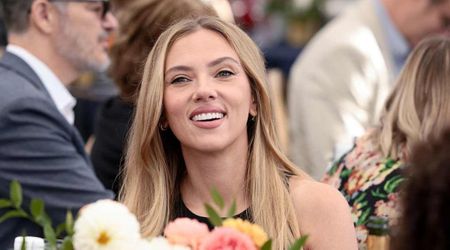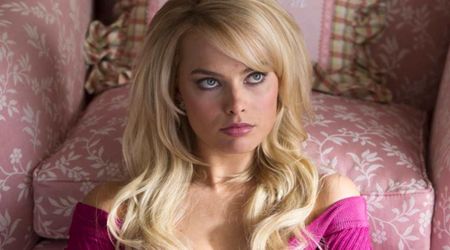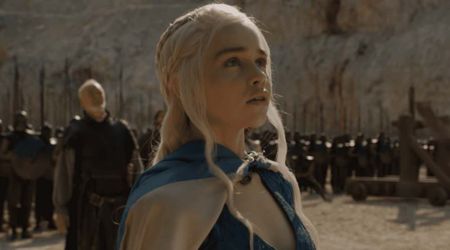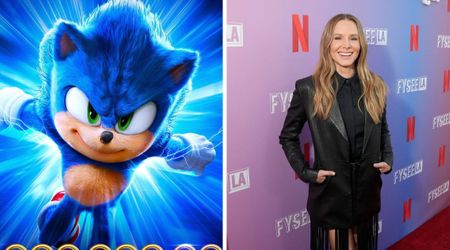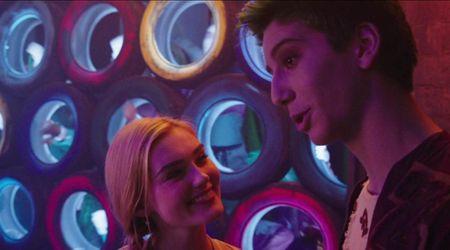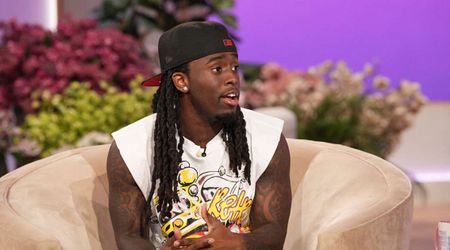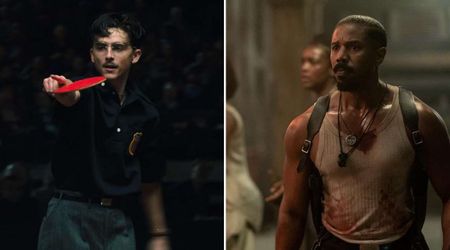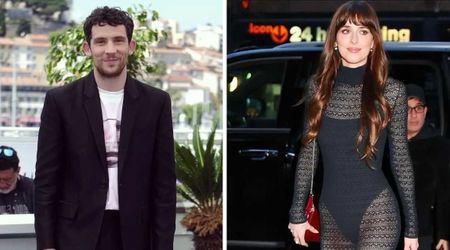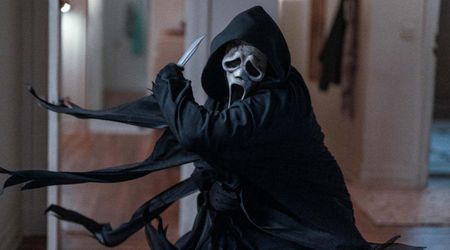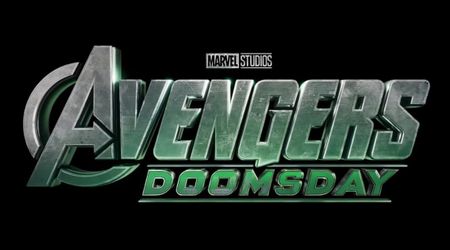Why Wonder Woman deserves her own standalone films and should not be a part of 'Justice League' anymore

In the comics, Wonder Woman is portrayed as a powerful emblem of femininity. She was created by William Marsten, who believed that society was filled with enough machismo.
He felt society needed some feminine strength and rigor and so, created a female hero who would impart the lessons of feminist strength to women as well as men — a woman, who would inspire young girls to become the best versions of themselves.
"It seemed to me from a psychological angle, that the comics' worst offense was their blood-curdling masculinity," he wrote in a 1944 article. "A male hero, at best, lacks the qualities of maternal love and tenderness which are as essential to a normal child as the breath of life."
Her superpowers were fending bullets with her bracelets, athleticism and lassoing....and to top it all, she was half-goddess.
And so, when going through 'Wonder Woman' comics, you see her as a force to reckon with, battling and transforming a sexist system.
For instance, there's a storyline where Wonder Woman fights 'Mole Men', people who enslave women. She teaches them that women should rule, thus changing their mindset. The idea behind many story arcs in the Wonder Woman comics is that when women lead, everyone benefits.
The 1970's TV version couldn't quite get this essence right, and then for a long time, we just saw male superheroes with their dark and angsty origin stories raking in money at the box office.
There wasn't even a standalone female superhero film. And then in 2017, we saw Patty Jenkins empowering 'Wonder Woman', starring Gal Gadot. Set against the backdrop of the First World War, we see Diana Prince work from strength to strength and escape the enslavement of women.
This Wonder Woman is proud of her femininity, can fight by side by side with the men and even clean the floor with them. Yet, her most important power is her empathy and her ability to love. In a world where women are constantly told to "stop being too emotional", Diana doesn't really care.
She won't apologize for being a woman, and she will not apologize for her emotions. Her power does not reduce by caring too much, in fact, it gives her strength.
As the film unfolds, the rigid sexism that had been embedded in the superhero genre slowly falls apart. Women can be strong as well as sexy — an idea that doesn't seem to be understood in this world.
The camera is not focussed on her outfit, it's on her expressions and her weapons. And so, Diana races ahead with her story.
However, even Jenkins's film couldn't resist giving her lover Steve Trevor (Chris Pine) a meaty role, though he barely had one in the comics. It is to be noted that though his role was a prominent one, he still remained a sidekick and a love interest, which is somewhat of a relief.
'Justice League' in 2017 came along and undid all the good that 'Wonder Woman' brought with it. In fact, it did severe injustice to empowering the character that 'Wonder Woman' had introduced.
Diana was reduced to being among five men on a team and is taught by a man how to be a superhero. Her awesomeness exists to serve the men of the Justice League. In short, she's the token woman.
You don't get to see her from the eyes of another woman, you get to see her as just a woman on a team of men, who are all pretty much lusting after her. She becomes the object of sexual and romantic interest for Batman, Flash, Aquaman and Cyborg.
There's even a scene where Flash falls on her chest... do we need to say more? It's apparently supposed to be funny while Aquaman talks about how hot she is.
Sigh. Keep Wonder Woman out of 'Justice League'. She's way out of their league. She deserves better. Thankfully, 'Wonder Woman: 1984' is on its way and will right all the wrongs that 'Justice League' committed.
'Wonder Woman: 1984' will release on June 5, 2020.

